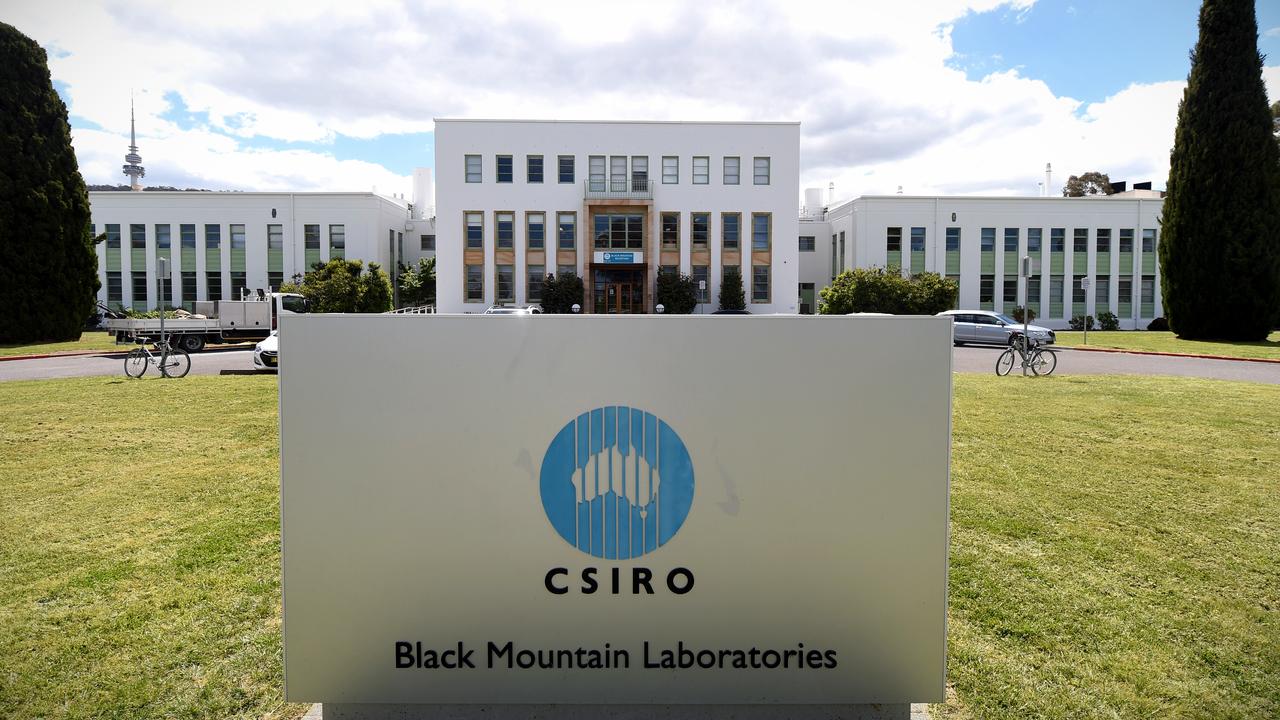
Plans to refocus Australia's leading science agency's priorities due to financial strain, resulting in hundreds of job losses, have been labelled "necessary" by a government minister, while scientist groups warn a lack of investment will stifle innovation.
The CSIRO has announced up to 350 full-time staff roles will be abolished as the agency embarks on a new research direction due to long-term financial sustainability challenges caused by funding not keeping pace with the rising costs of running a modern science agency.
The union representing the agency's workers and the peak body for scientists slammed the Albanese government for "devastating" cuts, which they said would hurt Australians and their futures.

After decades of stretching resources to maintain its programs and workforce, chief executive Doug Hilton said the organisation needed to adapt to achieve the right balance.
"As today's stewards of CSIRO, we have a responsibility to make decisions that ensure we can continue to deliver science that improves the lives of all Australians for generations to come," Dr Hilton said.
Industry and Innovation Minister Tim Ayres said it was important for the CSIRO to ensure it is fit for purpose with a modern, forward-looking science agenda.
"It is obviously a difficult time for the organisation, but with prioritisation, from a government that believes in our national science institution and its capacity to serve the national interest, that is a necessary process, and I support them working their way through those questions," he told reporters in Western Australia on Tuesday.
The organisation has announced its key focus areas following an 18-month review, which includes supporting a clean, affordable energy transition, addressing climate change, applying advanced technologies such as AI and quantum, mitigating and eradicating biosecurity threats and applying disruptive science and engineering to solve unanswered questions.

The sharpened focus means other research activities would need to be de-prioritised leading to the job cuts, the agency said.
This includes nutrition, which Mr Ayres said the CSIRO's work has matured or has been undertaken by other scientific and research organisations.
Over the past 18 months, 818 jobs have been cut from the agency, which CSIRO Staff Association secretary Susan Tonks said were deeper than the Abbott government-era cuts.
"These are some the worst cuts the CSIRO has ever seen," Ms Tonks said.
"We don't need a crystal ball to know these cuts will hurt - they'll hurt families, farmers and our future."
While the peak body for scientists and technologists support the CSIRO's ambition to sustainably deliver science, they said it requires greater investment, not less.
"Without a continued investment in fundamental research and discovery, there will be no future innovations to deploy," Science and Technology Australia chief executive Ryan Winn said.
Consultation with staff, the union and and others will take place, beginning this week.







